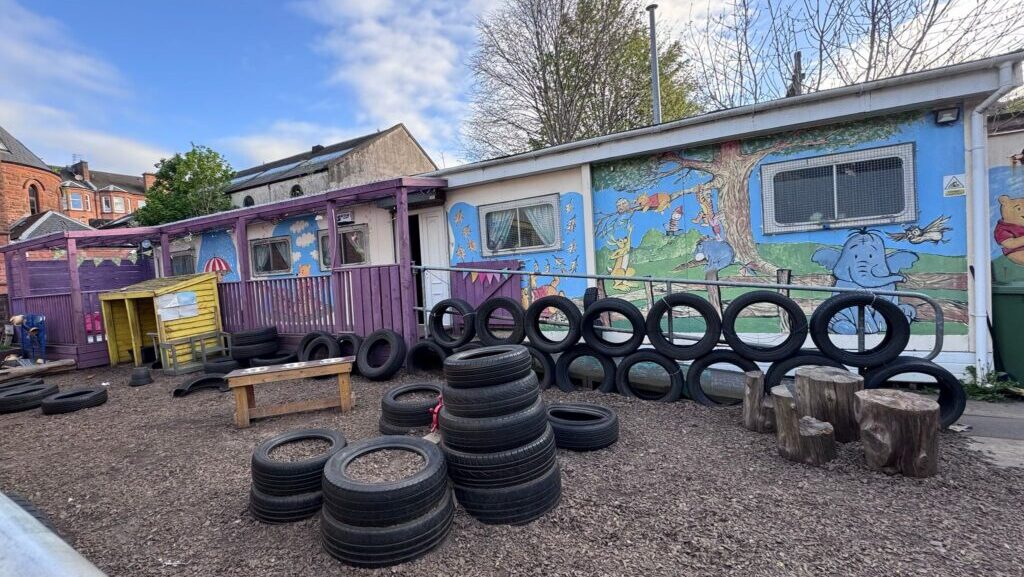The local government ombudsman has told Bournemouth, Christchurch and Poole Council to reimburse a parent who complained a nursery was…
Education recovery in early years providers
This briefing draws on inspection evidence gathered in the spring 2022 term and discussions with early years inspectors about the ongoing implications of the pandemic on children
The pandemic has continued to affect children’s communication and language development, and many providers noticed delays in their speech and language progress. Providers are making more referrals for external help than before the pandemic and are waiting longer for this specialist help. To compensate, providers were making sure that children were learning in an environment rich with language, with a focus on extending vocabulary and practising speech.
The negative impact on children’s personal, social and emotional development has also continued, with many children lacking confidence in group activities.
All providers have made changes to their procedures since the start of the pandemic, and some of these remain. For example, most no longer expect parents to enter the premises when dropping off or collecting children. While this can mean children develop independence in tasks such as hanging up their coats, it can also mean parents and providers miss opportunities to share in-depth information.
Levels of staff absence
Between January and mid-February 2022, around 4% of early years inspections were deferred for Covid-related reasons. Information from deferral requests shows how the pandemic continues to affect early years providers in different ways.
Impact on children
Many providers reported that there are still delays in babies’ and children’s speech and language development. For example, some have noticed that children have limited vocabulary or lack the confidence to speak. Also, some babies have struggled to respond to basic facial expressions, which may be due to reduced contact and interaction with others during the pandemic.
Children have missed out on hearing stories, singing and having conversations.
Purnima Tanuku OBE, chief exec of National Day Nurseries Association (NDNA), said: “Ofsted’s education recovery in early years report chimes with what our members are telling us, that the pandemic is still affecting children in terms of their development. Nurseries are seeing more children with personal, social and emotional developmental challenges and whose speech and language skills are less developed than they should be. This continues to be a huge concern for families and the early years sector.
“We are pleased to note that Ofsted highlights the amazing work going on across the country in our nurseries, where practitioners are doing everything they can to support these children through innovative practice and approaches which are really improving their outcomes.
“Unfortunately the whole sector is under real pressure from a drop in the numbers of qualified practitioners. We can see this in the number of inspection deferrals they have asked for and from what providers are telling us.
“This workforce crisis is showing itself in a range of ways, with some providers even forced to close rooms or reduce numbers of places they offer in the short term – so it’s important for inspectors to recognise these difficulties on their visits. The shortage of qualified practitioners is also impacting on children with special educational needs and disabilities who need one to one care.
“Ministers must recognise the sustainability concerns of the sector which we have raised time and again as well as lower numbers of children attending and poor take-up of eligible two-year-old places. If they wish to have high quality early education places available for all children, they need to give meaningful financial support to get all childcare providers through this tough time.”
Commenting, Neil Leitch, chief exec of the Early Years Alliance, said:
“We know that the pandemic has had a significant impact on the learning and development of young children, many of whom have spent the majority of their lives under some form of Covid-19 restrictions. As such, it is encouraging to see that early educators’ efforts to do all they can to support the children in their care to recover from the challenges of the past two years is having such a positive impact.
“That said, the report lays bare the scale of the recruitment and retention challenges that are wreaking havoc on the sector, with providers citing an absence of highly-skilled staff as a key concern. This issue can only be addressed if the government finally recognises the need to significantly increase sector funding to enable providers to offer more training, opportunities and, crucially, a fair wage to encourage staff to remain in the sector.
“Ofsted’s update on the early years sector highlights how vital early years providers have been in helping young children catch up on vital education and social skills during the pandemic. It’s time the government recognised this fact and gave the sector the respect, appreciation and, most importantly, investment that it needs.”
Latest News
Kids Inc Nurseries is opening a purpose-built, carbon-neutral nursery in Basingstoke this month.
SADCO Nursery Group has acquired its third setting in a deal facilitated by specialist business property adviser Christie & Co.




